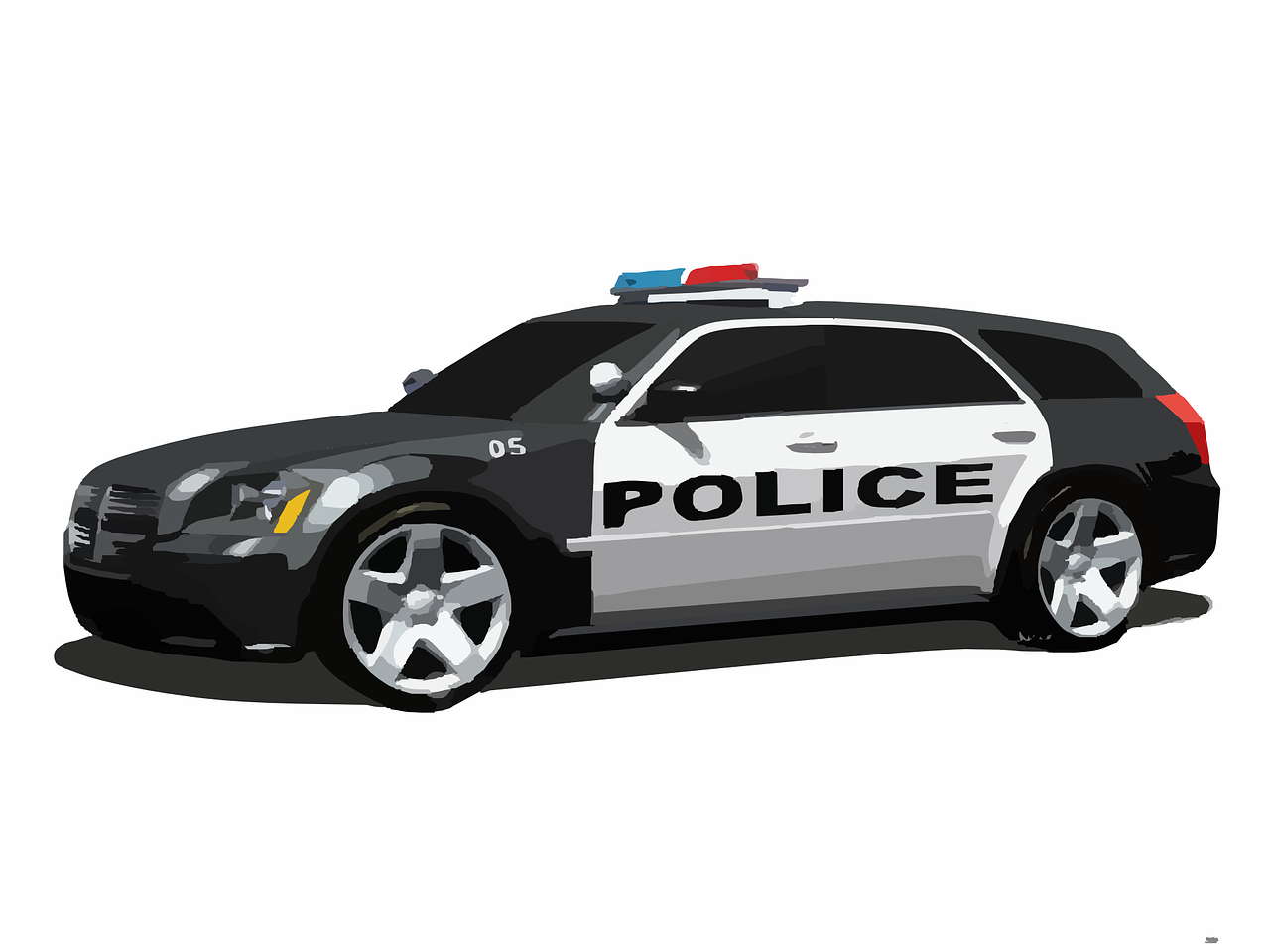Getting pulled over for speeding is something most drivers will face at some point. Whether you were going a few miles over the limit or caught in a speed trap, the way you react during a traffic stop can influence the outcome dramatically. From maintaining your composure to contacting legal support, knowing the correct steps to take is crucial.
This guide explains what you should do immediately after being pulled over, how to interact with the police officer respectfully, and why contacting an attorney can make a significant difference in protecting your driving privileges.
Pull Over Appropriately and Without Delay
The moment you realize a law enforcement vehicle is attempting to stop you, activate your turn signal and pull over as soon as it’s safe. Use caution and choose a shoulder, parking lot, or side street that’s out of traffic. If you feel unsafe—such as on a dark or isolated road—slow down, turn on your hazard lights, and drive to a better-lit or more secure area.
Once stopped, shift your car into park, turn off the engine, and wait calmly. Keep your hands visible, preferably on the steering wheel, and avoid any sudden or suspicious movements.
Stay in the Vehicle Unless Instructed Otherwise
Unless the officer tells you to step out, remain inside your car. Exiting the vehicle on your own can appear aggressive or non-compliant. Roll down your window fully and wait for the officer to approach. This small step shows you’re cooperative and eliminates unnecessary tension.
Remember that your behavior during the stop sets the tone. A calm, respectful approach is always the best route.
Communicate Respectfully With Law Enforcement
How you speak to an officer matters. Even if you believe the stop was unfair or unwarranted, now is not the time to argue. Avoid hostile or dismissive language. Instead, remain polite and let the officer speak first. When asked for your license, registration, and proof of insurance, let them know where those items are located before reaching for them.
Saying something like, “My insurance card is in the glove compartment—may I retrieve it?” helps avoid misunderstandings and shows that you’re being thoughtful and transparent.
Don’t Volunteer Information
While it’s natural to want to explain yourself, resist the urge to justify your speed or actions. Statements like “I was just going with the flow of traffic” or “I didn’t realize how fast I was going” may seem harmless, but they can be used against you later as an admission of guilt.
Keep answers short and factual. You are not required to provide explanations, and it’s in your best interest to remain cautious about what you say. Let your attorney handle any interpretation or defense on your behalf.
Comply With All Instructions Calmly
If the officer gives you specific directions—such as stepping out of the vehicle, keeping your hands on the dashboard, or waiting while they run your information—follow those instructions without complaint. Failure to comply can escalate the situation and may even lead to additional charges.
Remaining cooperative and attentive minimizes conflict and improves the odds of a smooth and straightforward traffic stop.
If You Receive a Ticket, Accept It Without Resistance
In most cases, the stop will result in a citation if the officer believes you were speeding. If asked to sign the ticket, understand that this signature simply acknowledges that you’ve received it—it does not mean you agree with the violation.
Refusing to sign can result in further complications or even arrest. Accept the citation calmly, then begin the process of disputing it the right way—through legal channels.
Document Everything Immediately After the Stop
Once you’ve left the scene, take time to record all the details you can remember. This may include:
- The exact time and location of the stop
- The officer’s name and badge number
- What was said during the interaction
- Environmental conditions like traffic flow, visibility, and road signs
These notes can be useful for your attorney and can help identify any inconsistencies or procedural issues that might help your case in court.
Why Contacting an Attorney Is Crucial
Too many drivers assume that once a ticket is issued, the only option is to pay the fine and move on. In reality, fighting a traffic violation—especially with the help of a skilled attorney—can result in a far better outcome.
Here’s how legal counsel can assist you after a speeding stop:
Legal Knowledge and Strategy
Traffic attorneys understand the laws and regulations that apply to speeding violations. They’re familiar with local court practices and can identify legal errors, such as an improperly calibrated radar gun or incorrect procedure during the stop.
Reduced Fines or Dismissed Charges
Many drivers who hire attorneys end up with reduced penalties or even dismissed tickets. Your lawyer may negotiate with the prosecutor or present evidence that leads to a more favorable resolution.
Protecting Your Driving Record
Points added to your license can have long-term consequences—including license suspension and dramatic increases in insurance rates. An attorney can help you avoid these outcomes by defending your case and seeking alternatives like traffic school or deferred adjudication.
Representation in Court
Some traffic offenses require a court appearance. Rather than navigating the process yourself, an attorney can appear on your behalf, submit legal documentation, and make persuasive arguments based on the facts.
Understand the Real-World Impact of a Speeding Ticket
Speeding citations may seem minor at first glance, but they can have lasting consequences. Depending on the severity of the offense and your driving history, penalties may include:
- Substantial fines and fees
- Points against your driver’s license
- Higher insurance premiums
- Mandatory driving courses
- License suspension for repeat violations or extreme speed
In some states, certain levels of speeding may even lead to misdemeanor charges or reckless driving allegations, which can carry criminal consequences.
Take Steps to Avoid Repeat Offenses
After resolving the incident—especially if legal assistance helped you reduce or eliminate penalties—it’s wise to be more cautious moving forward. Incorporating a few smart driving habits can prevent future citations:
- Regularly check and follow posted speed limits
- Use navigation apps that alert you to traffic laws and speed changes
- Give yourself extra time when driving to avoid the temptation to speed
- Stay focused and avoid distractions while on the road
Making responsible choices behind the wheel not only protects your driving record but also contributes to safer roads for everyone.
Speak With an Attorney as Soon as Possible
The sooner you reach out to a traffic lawyer, the more options you may have. Attorneys can evaluate your situation, guide you through next steps, and take immediate action to preserve your rights.
Every speeding case is different, but having a legal advocate gives you the advantage of professional insight and experience. Whether you’re hoping to avoid points, challenge the validity of the stop, or simply want a second chance to keep your record clean, speaking with a lawyer is the smartest move you can make.

